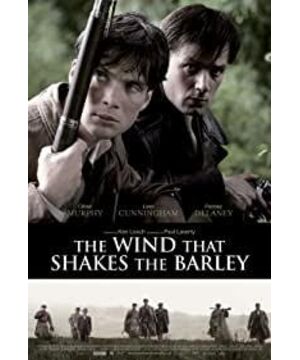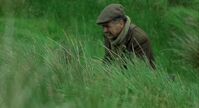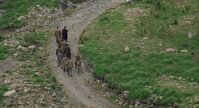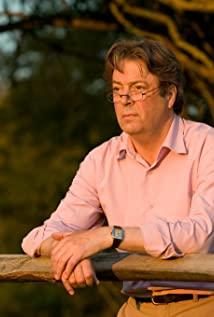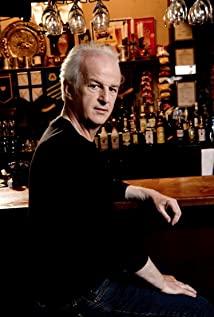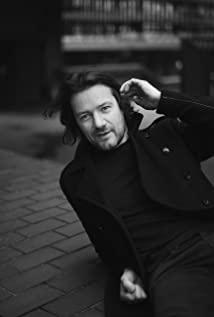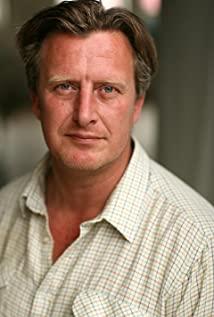The world is complex, the so-called justice is never shrouded in absolute and eternal halo, life and struggle are always concrete and complex.
Hou Hsiao-hsien's "City of Sadness"? A bit of this way, big time is the best melting pot, everyone will be tested.
Think about maybe one day recapture Taiwan? Also
, when the Japanese came in, what about the Wang puppet regime? Hmm, thought again.
The following are some details mentioned in the film by the director's commentary soundtrack. I picked some out, hoping to help those who like this film.
1. The hockey game at the opening of the movie was banned at the time. Not because of the sport itself, but because of the youth gatherings, which were prohibited at the time. So the opening hockey game was a challenge. In fact, the Gaelic Athletic Association, which organized this competition, is a national organization that has made a significant contribution to the Irish independence movement. It is also training new members of the Irish Liberation Army, connecting athletes and clubs, and promoting to the key role.
2. The soldier wearing a black beret at the beginning, called the Black and Brown Army, was a notorious organization at that time. In the beginning, they were used as assistants to the police department. The police were the army, and these were the military and police forces stationed in the local area. (The organization and personnel composition are very similar to our current armed police, but I feel more like the puppet army of the Wang puppet regime.) It is composed of veterans who participated in World War I. After ruthless battles, they are particularly good at suppressing people in hostile environments. . The main purpose of their existence was to spread a white terror with brutality, and one of the officers gave a typical order, saying that all soldiers who killed the Irish would not be held accountable. The more you kill the better. The man later committed suicide in a Cockershire pub.
3. Damian wrote at the end of his suicide note: Dan said something that made me struggle. It is easy to understand what I oppose, but it is difficult to understand what I support. I think I understand, and it empowers me...
At the end of the film, when the credits are slowly rising, the director said calmly:
Some far-right media in the UK, compared with other foreign media and commentaries, their reflections completely different. We were compared to the Nazi apostle Leni Riefenstahl, the movie to Mein Kampf. It's hilarious and totally disproportionate. The media does not address the film's views, insights and substance and is pure smear. The BBC columnist gave me vulgar and childish insults. This means that part of the British establishment is well aware that the UK ... has behaved badly towards Ireland. It has always been the case that the British deny that their ancestors used violence against Ireland, they do not acknowledge the problems that have arisen in the north since the treaty was signed. As long as treaties are not re-examined, lasting peace will be difficult to achieve. Clearly, the choice of whether to recognize the treaty was a difficult choice for the Republican Party at the time. But taking a step back, it is difficult to assert that Northern Ireland is a successful political entity no matter which side you are on. When the film is reflected in the UK, the insult to us by the British is precisely that they are unable to take responsibility for themselves. Fortunately, people in other countries disagree with them.
View more about The Wind that Shakes the Barley reviews


